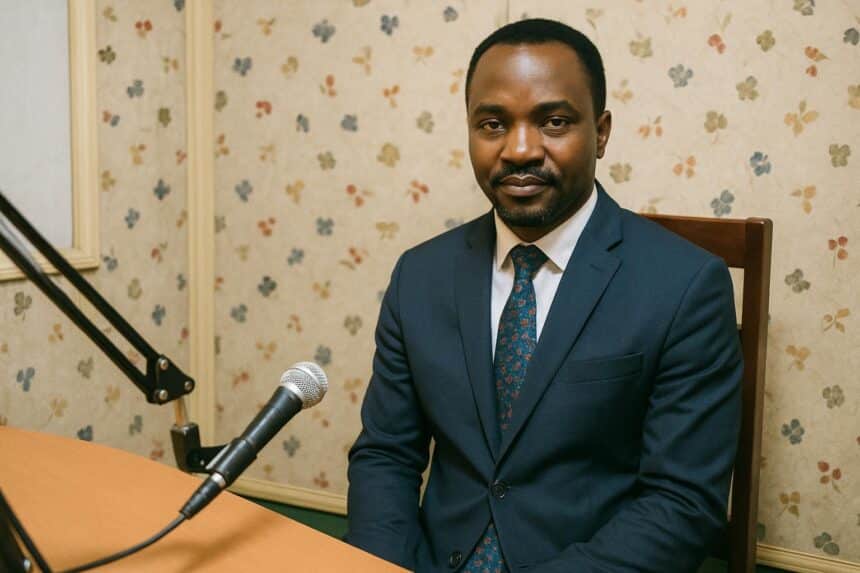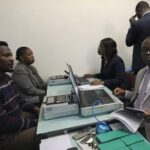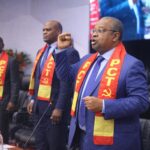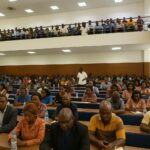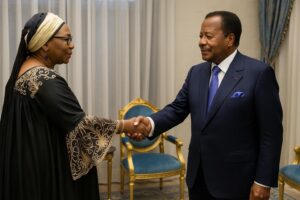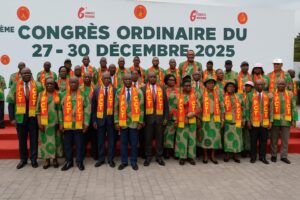Legal costs in Congo
In Brazzaville, many families feel justice is out of reach long before they stand in front of a judge. Filing fees, photocopies and lawyer retainers pile up. One civic group, Le Livre du Congo Blanc, now promises free guidance so that no one loses a case on paperwork alone.
Official figures from the Ministry of Justice suggest nearly six out of ten litigants appear without counsel in first-instance courts, mainly for financial reasons. Human-rights observers quoted by the daily Les Dépêches de Brazzaville say poorly drafted claims remain the leading cause of dismissals or unfavorable rulings.
The situation is even starker outside Brazzaville and Pointe-Noire, where only a handful of law offices serve vast districts. Villagers often travel hundreds of kilometres, spend precious savings on transport, then discover their file lacks a required stamp or signature, forcing costly adjournments.
Le Livre du Congo Blanc legal aid
Founded in 2019 by former law students, Le Livre du Congo Blanc restarted activities on 4 October after a pause linked to the pandemic. Its secretary-general Garcel Dubblon says the mission is simple: “We rewrite, not plead; we make the citizen’s voice clear to the judge.”
The organisation works from a modest ground-floor office near the Palais de Justice. Five jurist volunteers receive walk-ins daily. Tables hold annotated templates for inheritance petitions, tenancy disputes and appeals. A wall poster proclaims in green ink, “Access to justice is a right.”
Dubblon insists the NGO is not a law firm. “We never stand at the bar in robe,” he smiles, “but we know the Code de procédure better than many defendants.” He emphasises collaboration with the Bar Association, which he says “encourages any initiative reducing frivolous delays.”
How the free legal help works
A typical assistance session begins with a free interview. Volunteers verify jurisdiction, list supporting documents and outline the filing calendar. They then draft the requête on computer, adding jurisprudence references the claimant often ignores. Printing, staples and official envelopes are offered without charge.
Before the client leaves, a short coaching follows: how to address the bench, when to stand, and why to speak only through the president. “These little rituals matter,” explains jurist Ornella Makosso. “When litigants look confident, magistrates focus on facts rather than form.”
For sensitive family matters—succession, dowry reimbursements, child custody—the team sometimes pairs parties with mediators from the Ministry of Social Affairs. “We prefer amicable settlements,” Dubblon says, “but if agreement fails, at least the dossier reflects every attempt, which judges appreciate.”
Success stories of legal aid Congo
Jean-Paul, a retired railway worker, recounts losing a house in 2021 after submitting a handwritten appeal that breached format rules. Last month he returned with an NGO-edited brief and won an injunction within ten days. “They saved my pension,” he tells Radio Congo.
Such stories spread quickly on WhatsApp groups. The NGO’s Facebook page, opened in July, already counts 12 000 followers, many sharing screenshots of stamped rulings. Social-media analyst Diane Loukabou notes, “Positive word-of-mouth is priceless; it turns legal literacy into a grassroots movement.”
Judicial community welcomes support
Several magistrates contacted by Vox Congo salute the initiative. Judge Adèle Ngombé says better-presented files reduce adjournments and “allow us to dedicate time to substantive analysis.” Senior lawyer Me Lionel Koumba adds that pro-bono drafting “does not threaten the profession; it educates future paying clients.”
The Ministry of Justice, responding to written questions, highlights its existing legal-aid bureau yet admits budget constraints. A spokesperson calls civil-society partners “valuable allies” in meeting Sustainable Development Goal 16 on strong institutions. No formal partnership with the NGO is signed, but discussions continue.
Observers agree the model aligns with the National Development Plan’s pillar promoting citizens’ rights. Political scientist Rita Malonga argues that facilitating fair hearings enhances public trust and social cohesion, especially ahead of local elections, when disputes over land and identity documents generally surge.
Future of free legal services Congo
Le Livre du Congo Blanc hopes to expand to Dolisie and Owando before year-end, funds permitting. Operating costs remain lean: rent, two printers and reams of paper. Donations come from small businesses and a crowdfunding appeal that raised 3 million FCFA in two weeks.
The team also trains community leaders to fill basic forms and recognise deadlines. “Decentralisation is key,” Dubblon states. “If chiefs and pastors can spot procedural traps early, citizens avoid heartbreaking surprises later.” Workshops are scheduled during market days to reach the widest audience.
Ultimately, Dubblon dreams of a nationwide network similar to legal clinics found in several African Union states. “Equal justice strengthens development,” he says. For Jean-Paul and the farming twins, that dream already feels real, stamped and sealed by a court clerk.

